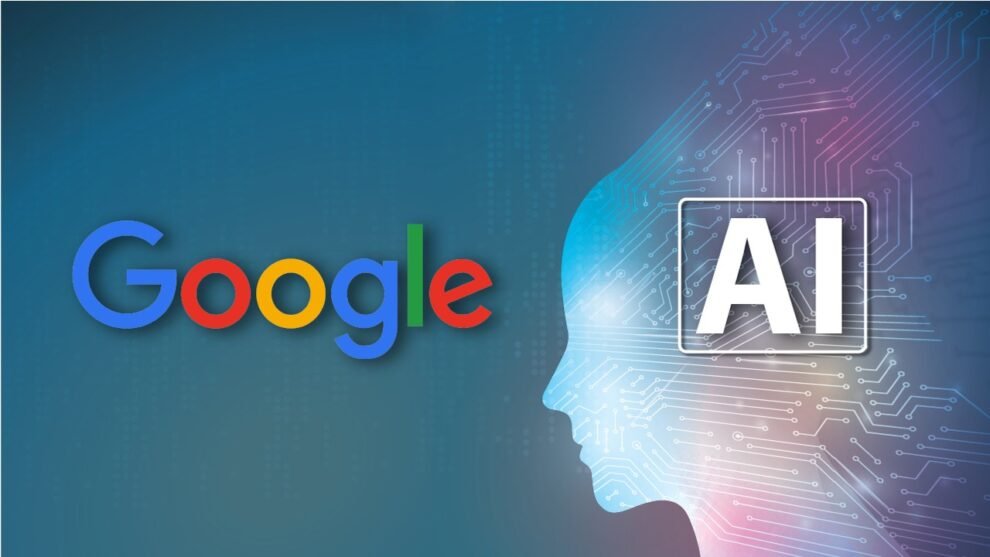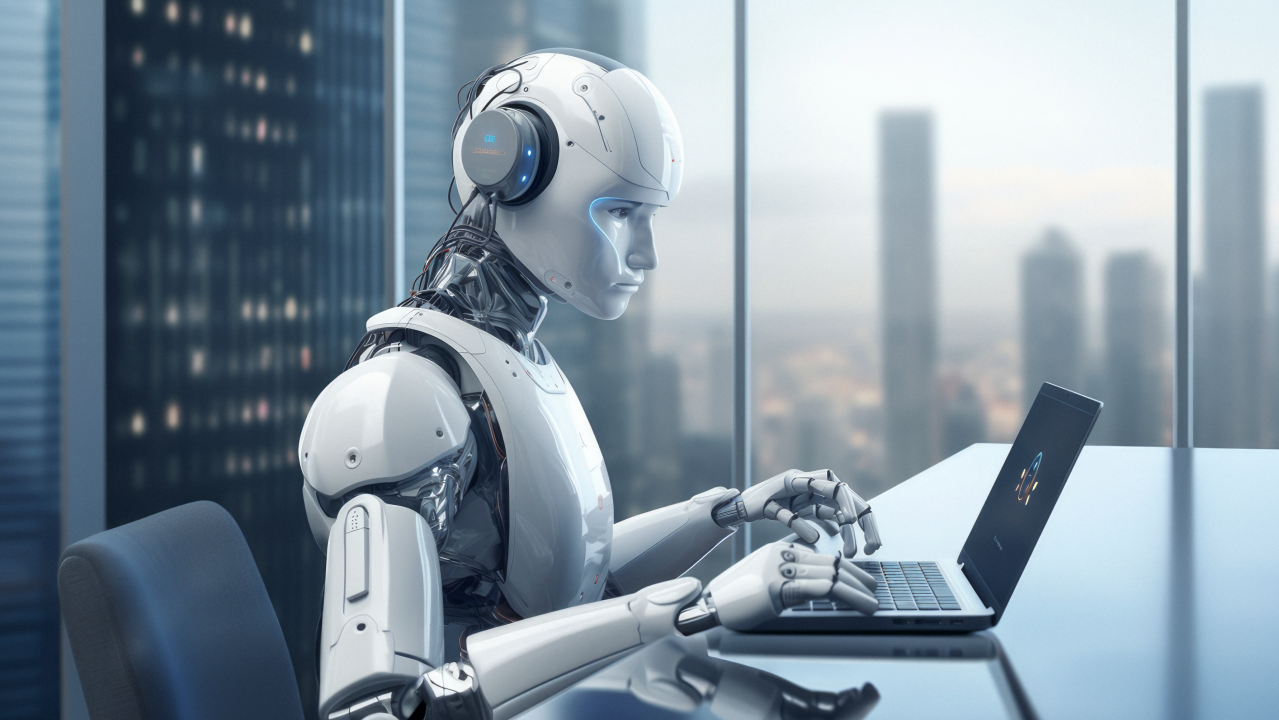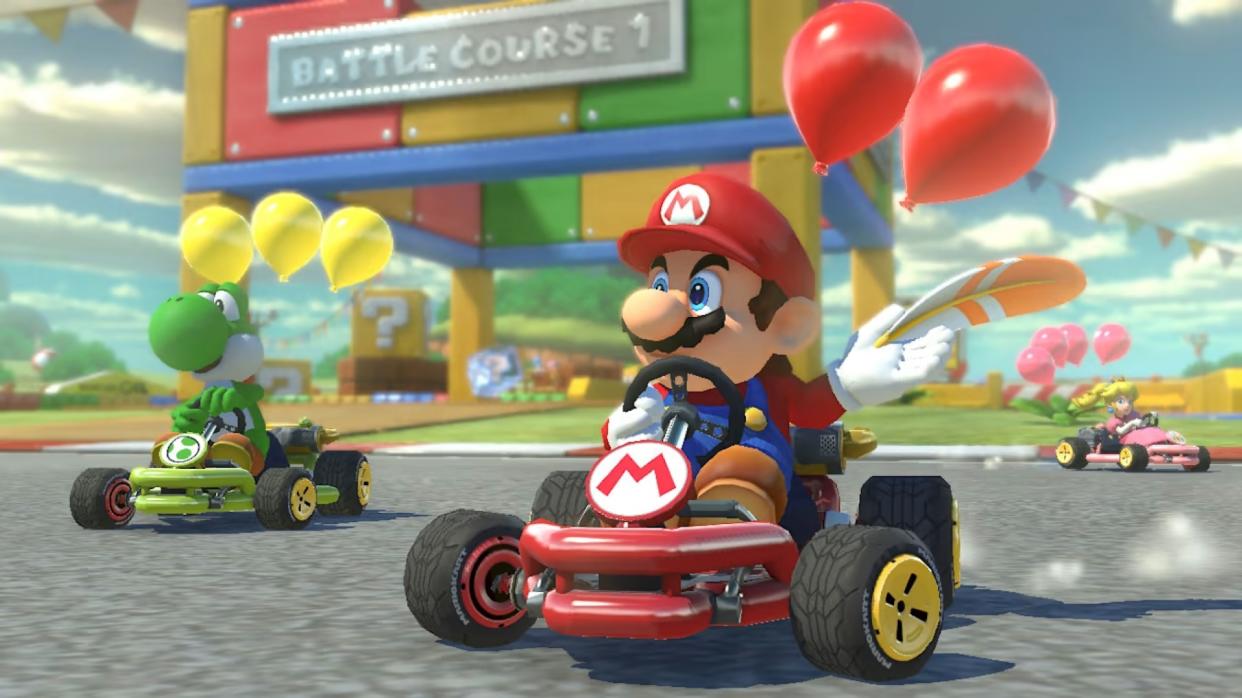In a feat that blends technological marvel with a hint of dystopia, Google’s AI has replicated a playable version of the iconic video game Doom, utilizing an algorithm. This accomplishment underscores the rapid advancements in AI capabilities, showcasing potential applications in gaming and beyond, while also raising ethical and philosophical questions about the future of AI.
The recreation of Doom, a first-person shooter game released in 1993, was achieved using a combination of machine learning techniques and vast amounts of data. Google’s AI was fed countless hours of gameplay footage, allowing it to learn the game’s mechanics, level design, and even the behavior of in-game enemies. The result is a surprisingly accurate recreation of the original Doom, playable from start to finish.
This breakthrough demonstrates the potential of AI in the gaming industry. Imagine AI-generated levels, dynamic difficulty adjustments, and even AI-controlled characters that learn and adapt to player behavior. While exciting, this development also raises concerns about job displacement in the game development sector and the potential for AI to create hyper-realistic simulations with unforeseen consequences.
The AI Behind the Recreation: A Deep Dive
Google’s AI achievement is rooted in the power of machine learning, specifically a combination of supervised and unsupervised learning techniques. Supervised learning involved training the AI on labeled gameplay footage, teaching it to recognize objects, enemies, and level layouts. Unsupervised learning allowed the AI to discover patterns and relationships in the data on its own, further refining its understanding of the game.
The sheer volume of data used in this process is staggering. The AI was fed countless hours of gameplay footage, enabling it to learn the nuances of Doom’s mechanics and create a faithful recreation. This data-driven approach highlights the importance of big data in AI development and the potential for AI to revolutionize industries reliant on large datasets.
Doom’s Recreation: Implications and Ethical Considerations
Google’s AI milestone has far-reaching implications, extending beyond the gaming industry. The ability to replicate complex systems like video games suggests potential applications in areas such as simulation, training, and even scientific research. Imagine AI-generated simulations of real-world environments, used for training pilots, astronauts, or even medical professionals. The possibilities are vast and exciting.
However, this development also raises ethical concerns. The potential for AI to create hyper-realistic simulations raises questions about the blurring of lines between reality and virtual worlds. Furthermore, the automation of tasks traditionally performed by humans raises concerns about job displacement and the need for society to adapt to a rapidly changing technological landscape.
The Future of AI in Gaming and Beyond
Google’s AI recreation of Doom is a glimpse into the future of AI in gaming and beyond. The potential for AI-generated content, dynamic gameplay experiences, and even AI-controlled characters is immense. However, this future also presents challenges. As AI becomes increasingly sophisticated, it is crucial to ensure that its development is guided by ethical principles and that its benefits are shared equitably across society.
The recreation of Doom serves as a reminder of the incredible potential of AI, while also underscoring the need for responsible development and thoughtful consideration of its societal impact. The future of AI is bright, but it is up to us to ensure that it is a future that benefits all of humanity.
Google’s AI recreation of Doom is a remarkable achievement that showcases the power of machine learning and the potential of AI in gaming and beyond. While this development raises ethical concerns and questions about the future of work, it also offers exciting possibilities for innovation and progress. As we navigate this rapidly changing technological landscape, it is crucial to prioritize responsible AI development and ensure that its benefits are shared equitably across society.










Add Comment